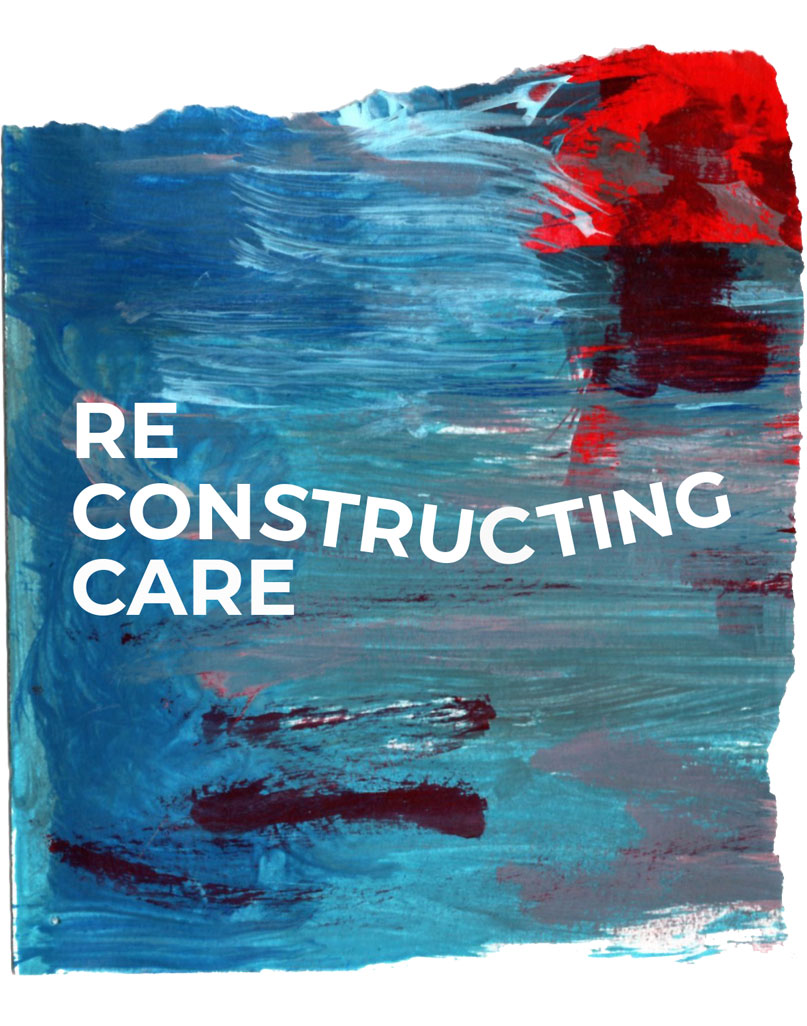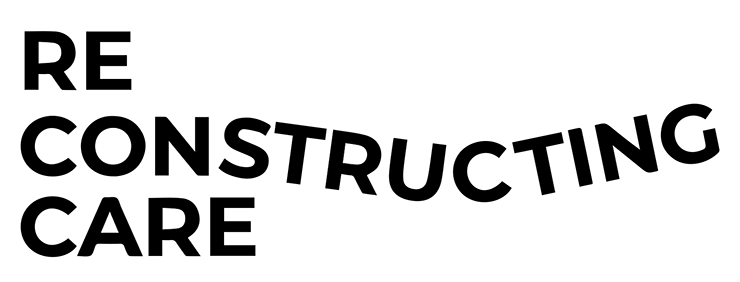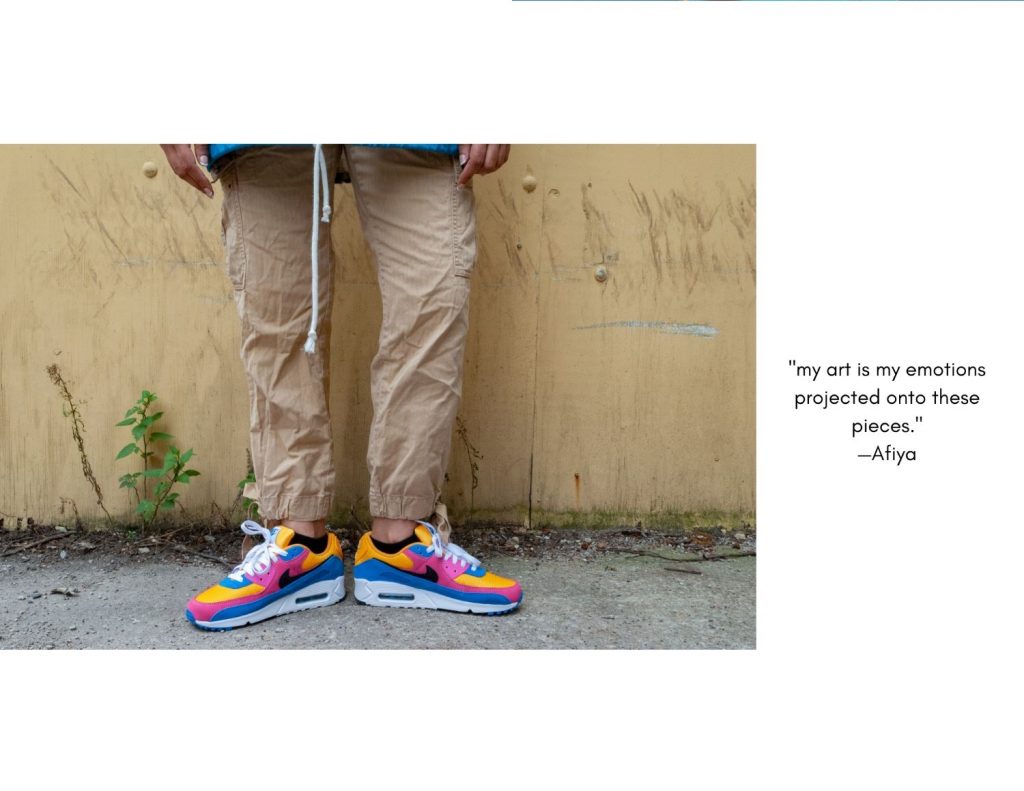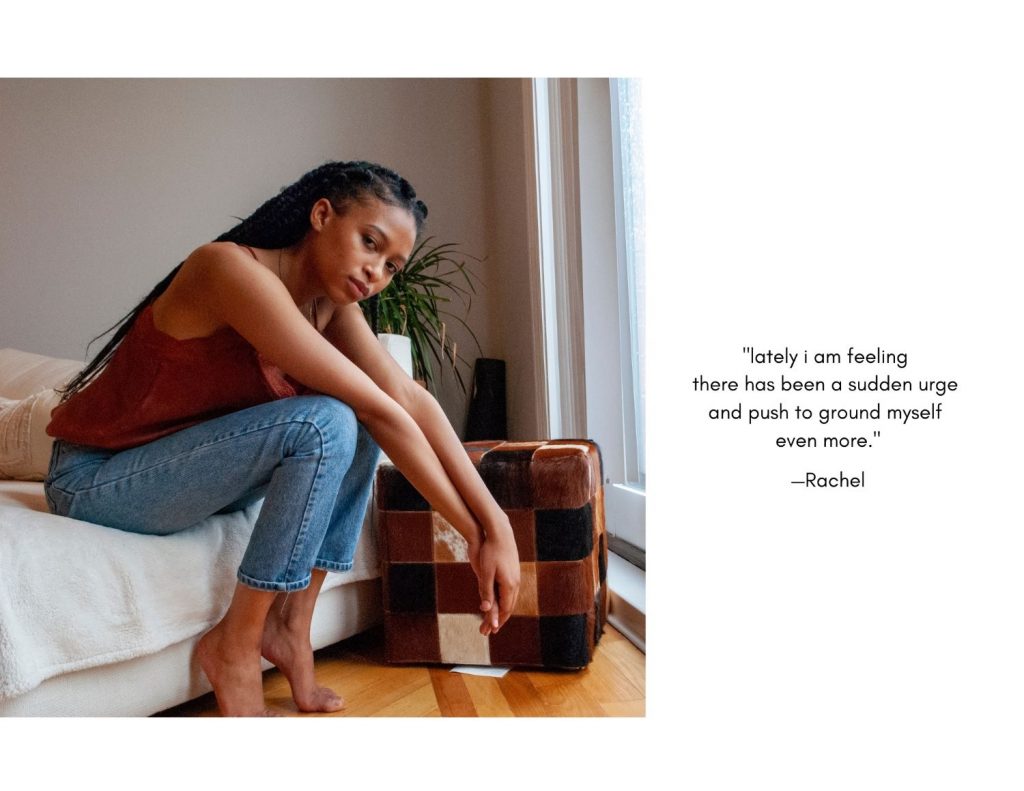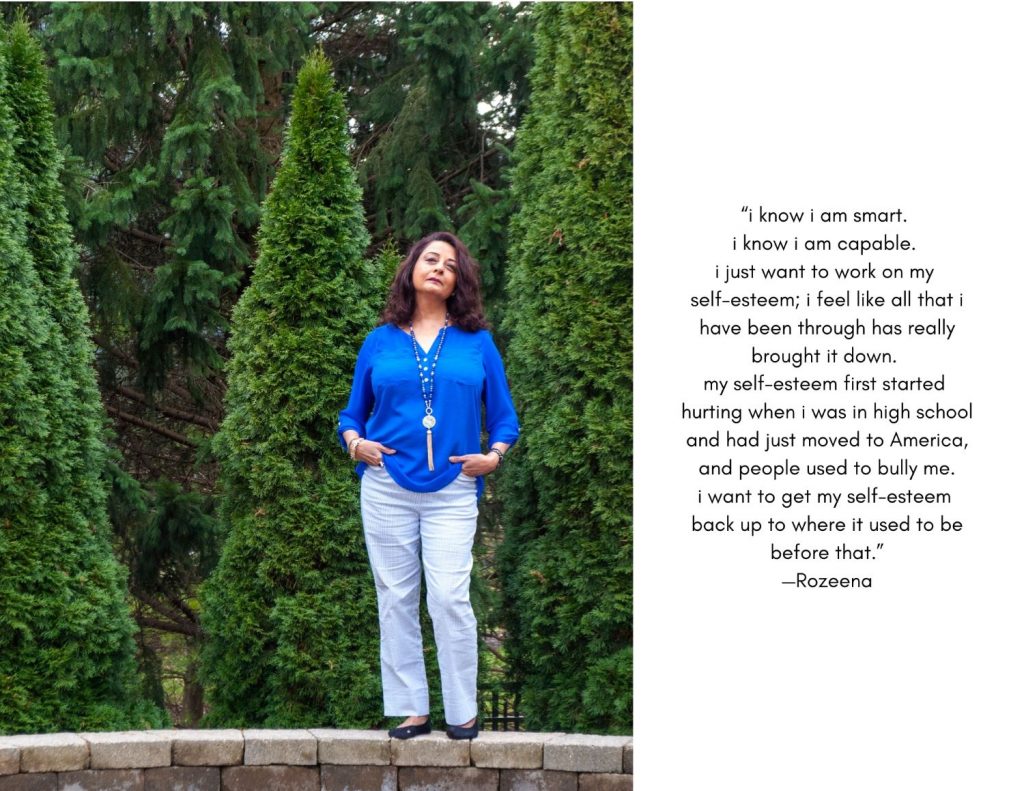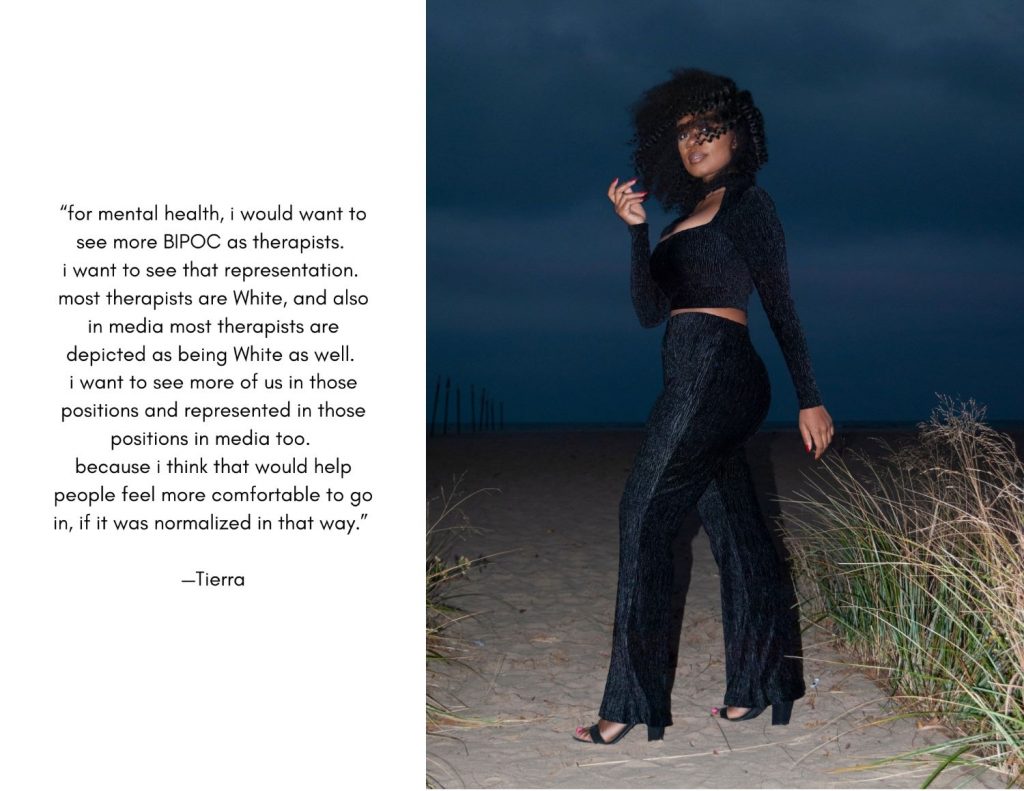Sanya Jaffer is a first generation, South Asian-American, artist, and future art therapist She is currently a third year MAATC graduate student at the School of the Art Institute of Chicago. Throughout her graduate career, Sanya interned at community organizations including Creatively Empowered Women (CEW), Mikva Challenge, and Thresholds. She is passionate about advocating for access to mental health services, and she believes in the importance of challenging systems of oppression that continue to impact the mental health and well-being of herself, and those she works with. She also enjoys studying and exploring photography, and the impact that representation in visual media has on shaping narratives which affects the well-being of BIPOC. She also hosts a podcast called Synergy-Cast, where she likes to invite guests on to discuss the intersections of mental health and social justice issues. Her art practice includes photography, poetry, collage, mixed media, and playing the piano.
I am a first generation, South Asian-American woman. And I hardly saw people who look like me represented positively in visual media growing up.
As I learn more about photography, I am realizing the power visual media has on contributing to the racial biases that exist in our society. It also has the power to aid in our healing, and let us express our emotions. It has the power to build up our self-esteem or knock it down. It has the power to change narratives—both in how we perceive others and how we perceive ourselves. As I learn more about art therapy, I see the lack of representation reflected in our field as well. This series attempts to shed light on the importance of autonomy and authenticity in representation, in specific to portraying BIPOC women in an empowering and de-stigmatizing manner. It also speaks on how the element of collaboration can be used to create a synergy between the artist and subject.
This series is a part of my graduate project, which aims to create space for some of the BIPOC women in my life and I to engage in self-reflection. Through conversation, collaboration, and photography, we reflected on our perspectives regarding the intersections of mental health, culture, visual media, racial biases, and social justice issues.
Please be mindful that the ideas shared in this series are by no means representative of others, and therefore cannot be generalized to the greater public—they are the individual thoughts, feelings, and perceptions of the four participants and I alone.
*Content warning: racism, trauma, race-based violence, suicide, restraint, and abuse of those who have mental health conditions.
